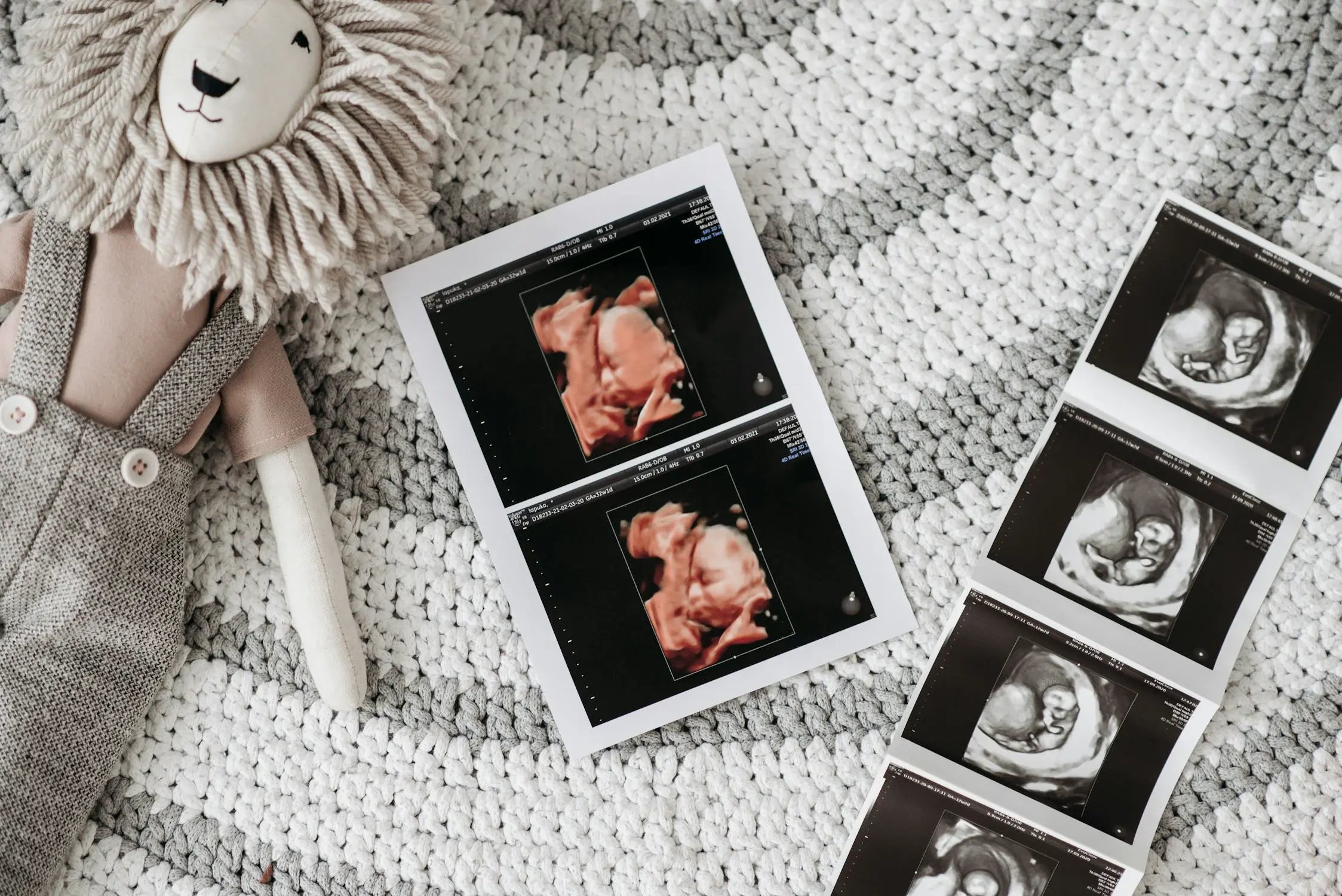Home
Pregnancy, Breastfeeding, and Pumping: The Ultimate Guide for Moms
Can I Take a Pregnancy Test 3 Days After Intercourse?

Can I Take a Pregnancy Test 3 Days After Intercourse?
When it comes to pregnancy, timing is everything. Many people wonder, can I take a pregnancy test 3 days after intercourse? The short answer is no, but understanding why requires a deeper dive into how pregnancy tests work and the biological processes involved.
How Pregnancy Tests Work
Pregnancy tests detect the presence of human chorionic gonadotropin (hCG), a hormone produced by the placenta after a fertilized egg implants in the uterus. This hormone is not present immediately after intercourse, so testing too early can lead to inaccurate results.
The Timeline of Conception
Conception typically occurs when sperm fertilizes an egg, which can happen within 24 hours of ovulation. After fertilization, the egg travels down the fallopian tube and implants in the uterus, a process that can take 6-12 days. Only after implantation does the body start producing hCG.
Why 3 Days After Intercourse Is Too Early
Taking a pregnancy test 3 days after intercourse is too early because implantation has likely not yet occurred. Without implantation, there is no hCG production, and the test will not detect pregnancy. Even if fertilization has occurred, the levels of hCG are too low to be detected at this stage.
When to Take a Pregnancy Test
For the most accurate results, it is recommended to wait until after you have missed your period. This usually means waiting at least 14 days after intercourse. Some tests claim to detect pregnancy earlier, but waiting ensures higher accuracy.
Factors Affecting Test Accuracy
Several factors can influence the accuracy of a pregnancy test, including the sensitivity of the test, the timing of ovulation, and the timing of implantation. Testing too early, even with a highly sensitive test, can still result in a false negative.
Understanding False Negatives
A false negative occurs when a pregnancy test indicates no pregnancy, but you are actually pregnant. This can happen if the test is taken too early, if the hCG levels are too low, or if the test is not used correctly. Waiting and retesting can help avoid false negatives.
What to Do If You Suspect Pregnancy
If you suspect you might be pregnant but receive a negative result, wait a few days and retest. If you continue to experience symptoms of pregnancy or miss your period, consult a healthcare provider for further testing and guidance.
Other Signs of Early Pregnancy
While waiting to take a pregnancy test, you might notice other signs of early pregnancy, such as fatigue, nausea, breast tenderness, and frequent urination. These symptoms can be indicative of pregnancy but are not definitive on their own.
The Importance of Patience
Patience is key when it comes to pregnancy testing. While it can be tempting to test early, waiting ensures more reliable results and reduces the likelihood of false negatives. Understanding the biological processes involved can help manage expectations and reduce anxiety.
Seeking Professional Advice
If you have concerns about pregnancy or the accuracy of your test results, seeking professional advice is always a good idea. Healthcare providers can offer more accurate testing methods and provide guidance based on your individual circumstances.
Taking a pregnancy test 3 days after intercourse is unlikely to yield accurate results. Understanding the timing of conception, implantation, and hCG production is crucial for effective pregnancy testing. Waiting until after a missed period ensures higher accuracy and reduces the risk of false negatives. If you suspect pregnancy, patience and professional guidance are your best allies.
Share
